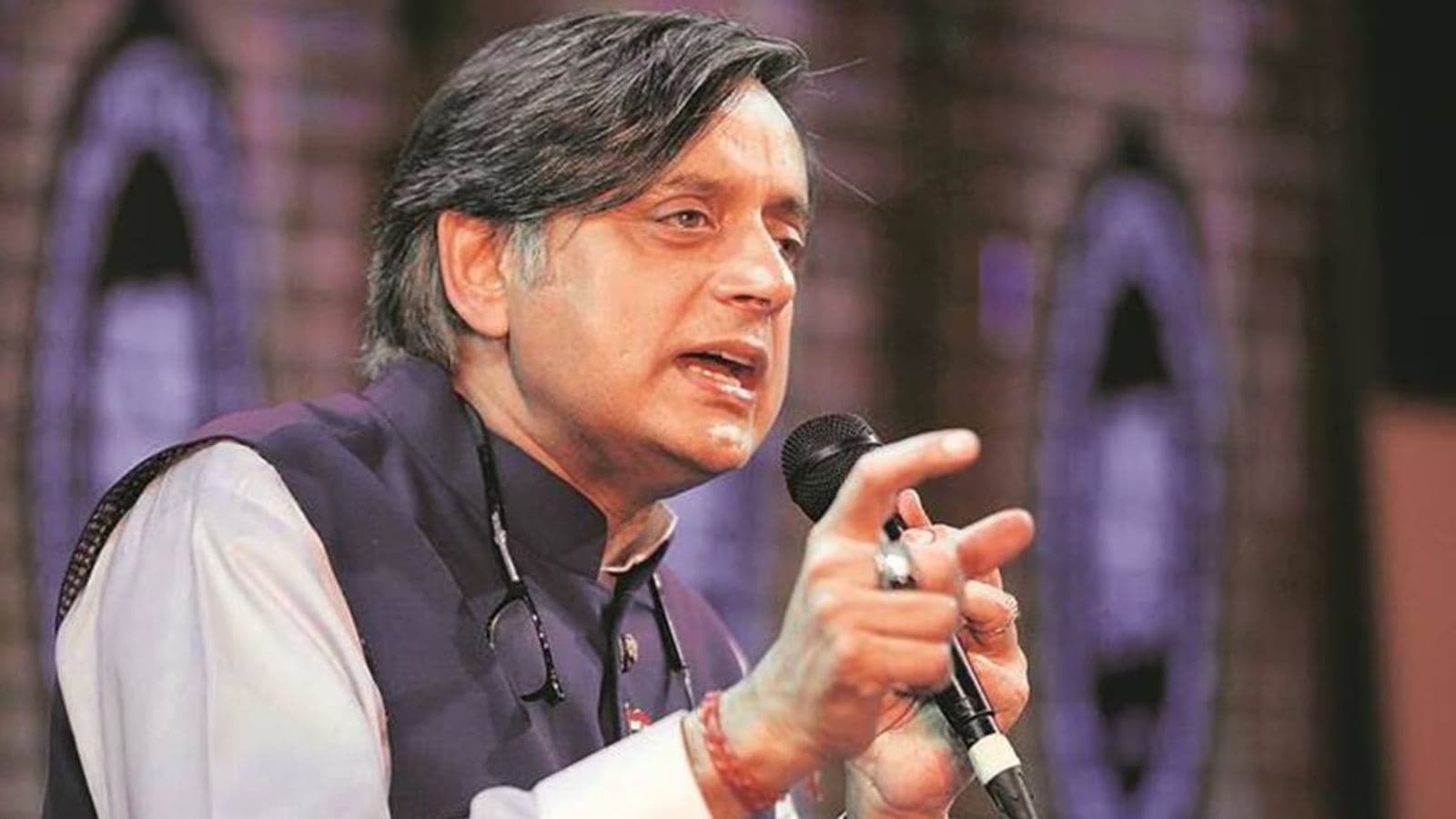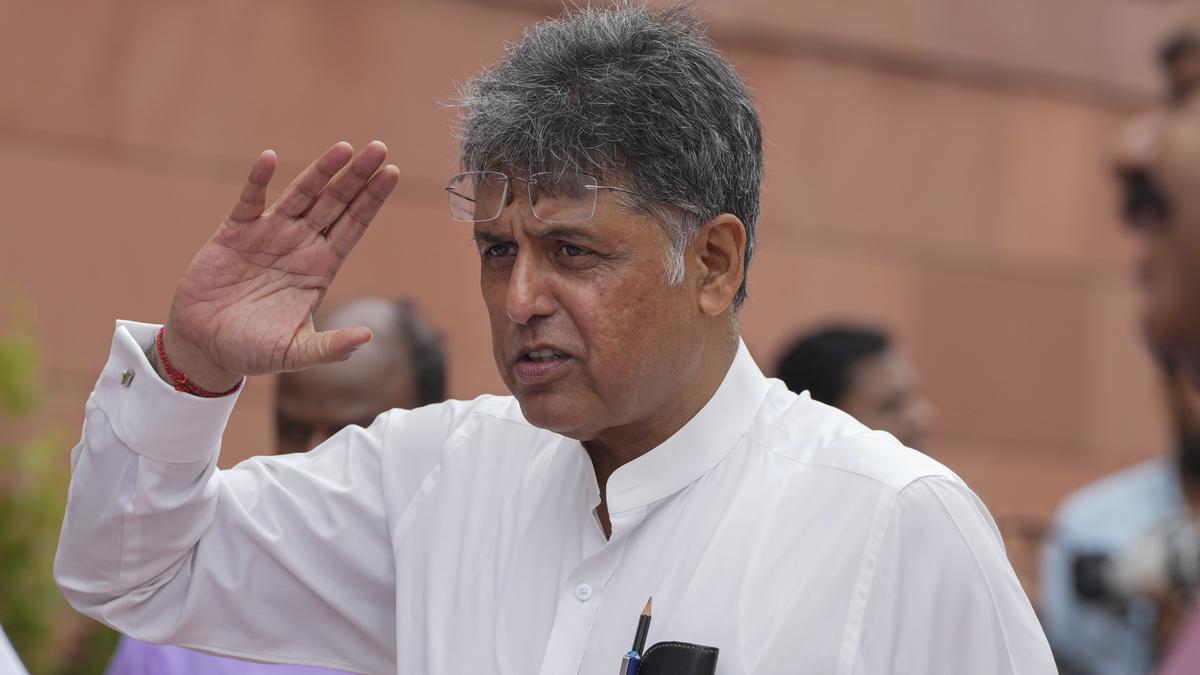ARTICLE AD BOX
Last Updated:August 12, 2025, 01:37 IST
The court stressed that the legality of the meeting under the PMK's internal rules could only be examined in civil proceedings, not through a writ petition under Article 226

The petitioner, who serves as PMK's general secretary, approached the Madras HC to restrain the DGP from permitting the meeting. (Image for representation)
The Madras High Court has dismissed a writ petition filed by Pattali Makkal Katchi general secretary seeking to halt an upcoming general body meeting convened by the party’s president, citing lack of public law elements and describing it as a “private dispute" between father and son.
The petitioner, who serves as PMK’s general secretary, approached the Madras High Court to restrain the DGP from permitting the meeting. He alleged that the party’s current president had illegally convened the meeting, as his tenure had ended on May 28.
In its order, the court observed that the matter stemmed from “an unfortunate ego clash" between father and son, leading to a split within PMK ranks. The single judge bench stressed that the legality of the meeting under the party’s internal rules could only be examined in civil proceedings, not through a writ petition under Article 226 of the Constitution.
According to the petitioner, the PMK was founded in 1989 by Dr S Ramadoss, who appointed his son as president on May 28, 2022, for a three-year term. With that term now expired, the petitioner claimed steps were being taken to appoint a new president effective May 29, with Dr Ramadoss nominated for the post pending ratification by the competent party body.
The petitioner contended that the current president, “no longer the President", had no authority to convene the general body and that the meeting will violate party bylaws and potentially cause law and order issues.
During the morning session, Justice N Anand Venkatesh noted that both the founder and the current president were father and son who had worked together for decades. In an attempt to mediate, the court directed both to appear — Dr Ramadoss via video conference citing ill health and the current president in person, in chambers at 5.30 pm.
Despite this effort, the founder declined to engage in any dialogue with his son, prompting the court to hear the matter on merits. Counsel for the petitioner argued that the meeting was unlawful and convened without involving the founder, while the additional public prosecutor representing the police stated that no permission was required for a closed-door political meeting. He assured the court that any law and order issue would be handled appropriately.
The current president’s senior counsel challenged the maintainability of the writ petition, claiming it was a purely private party dispute and that the meeting was called in accordance with the by-laws.
Citing the Supreme Court’s decision in S Shobha v Muthoot Finance Ltd, 2025, the court reiterated that writ jurisdiction applies primarily to state entities, statutory bodies, or private bodies performing public duties. It set out the parameters for when a writ could be issued, stressing the need for a public law element.
“In the case at hand, none of the parameters fixed by the apex court are satisfied," the court held, adding that “police permission is not required for a closed-door meeting of a political party". Any law and order problem arising from the meeting, the court said, will be handled by the police.
“If at all any law and order problem is created, the police will handle the same and take action against the concerned persons in accordance with law," the court said.
Finding no public duty component or statutory obligation involved, the HC dismissed the writ petition, closing connected miscellaneous petitions and imposing no costs.
“This court does not find any ground to grant the relief as sought for by the petitioner in this writ petition and accordingly, this writ petition stands dismissed. No Costs. Consequently, connected miscellaneous petition is closed," it said in its order dated August 8.

Sukriti Mishra, a Lawbeat correspondent, graduated in 2022 and worked as a trainee journalist for 4 months, after which she picked up on the nuances of reporting well. She extensively covers courts in Delhi.
Sukriti Mishra, a Lawbeat correspondent, graduated in 2022 and worked as a trainee journalist for 4 months, after which she picked up on the nuances of reporting well. She extensively covers courts in Delhi.
- Location :
- First Published:
August 12, 2025, 01:37 IST
News india 'Unfortunate Ego Clash': Madras HC Refuses To Intervene In 'Father-Son Dispute' Over PMK Meet
Disclaimer: Comments reflect users’ views, not News18’s. Please keep discussions respectful and constructive. Abusive, defamatory, or illegal comments will be removed. News18 may disable any comment at its discretion. By posting, you agree to our Terms of Use and Privacy Policy.
Read More



.png)
.png)
.png)
















 3 hours ago
3
3 hours ago
3









 English (US) ·
English (US) ·